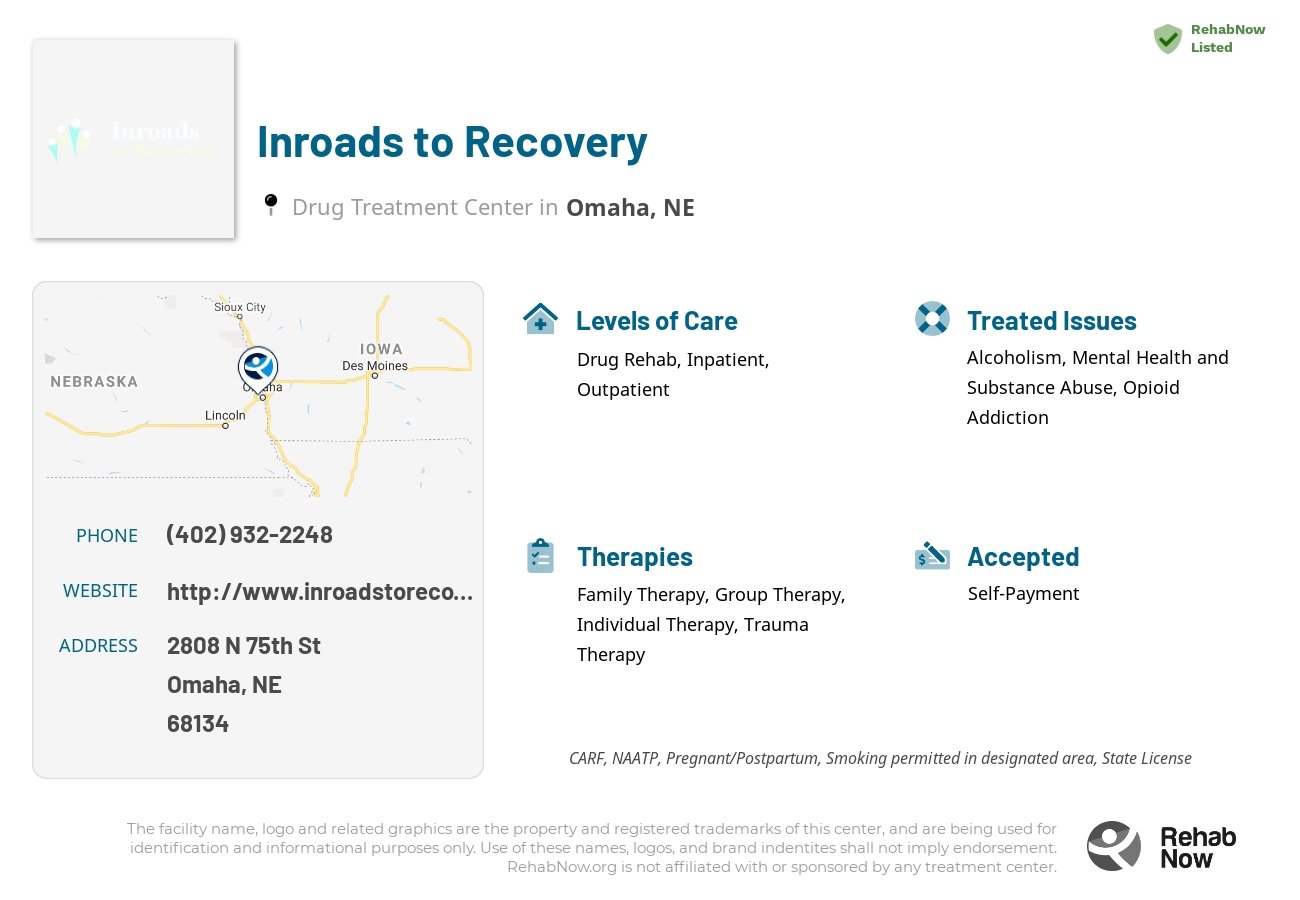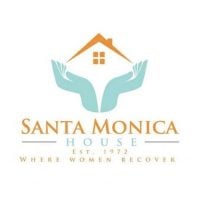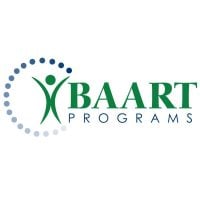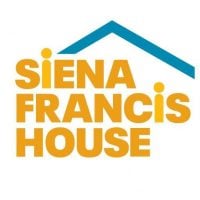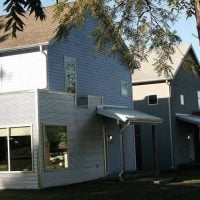About
Inroads to Recovery in Omaha, Nebraska is an addiction treatment facility that specializes in helping people with alcoholism, opioid addiction, dual diagnosis, and drug addiction. This facility offers a wide range of services including drug rehab, inpatient, outpatient, detox, partial-hospitalization, and residential levels of care. Furthermore, Inroads to Recovery accepts private health insurance for added convenience.
At Inroads to Recovery, their primary focus is on treating addiction through evidence-based and holistic methods. They provide comprehensive care including individual therapy, group therapy, family therapy, and counseling. Additionally, they have a 24/7 helpline and aim to make their services as accessible as possible. All of their treatment centers are licensed by the State of Nebraska and accredited by the Joint Commission on the accreditation of healthcare organizations. Moreover, they offer assistance with aftercare planning, relapse prevention, and peer support in order to provide wrap-around care for all of their patients.
Genders
Ages
Modality
Additional
Conditions and Issues Treated
Within the past decade, opioid addiction has become a nationwide epidemic. The United States hosts one of the world’s highest rates of opioid use or abuse and has one of the highest rates of opioid-related deaths. In the United States, opioid drugs are classified as Schedule II-IV controlled substances due to their highly addictive properties and potential for abuse. These include morphine, opium, heroin, oxycodone, hydrocodone, methadone, and fentanyl. Physicians usually prescribe opioids to help control pain.
Over time, opioid users develop a tolerance for the drugs, which makes it difficult, if not impossible, to function without them. In turn, opioid users often resort to illicit means of obtaining the drugs. These means can include drug dealers, friends, and family members who do not have legitimate prescriptions for the drugs. Opioid addiction can quickly lead to heroin use, especially those seeking more intense highs than prescription opioids offer. Due to the high risk of overdose, heroin users are at a much higher risk for illness and death.
Levels of Care Offered
This center offers a variety of custom treatment tailored to individual recovery. Currently available are Detox, Drug Rehab, Inpatient, Outpatient, Partial-Hospitalization, Residential, with additional therapies available as listed below.
Detoxification is a critical first step in treatment for drug addiction. Drug detoxification helps the individual withdraw from the drug by providing a controlled environment where symptoms can be managed through medication and close observation. Detoxification is an inflection point where the individual can get on a recovery track, but it’s also one of the most dangerous points in the recovery process.
In addition to going through physical withdrawal from certain drugs, a detox program also provides the individual with drug testing to monitor their progress. This way, if the individual is not ready for sobriety (such as if they relapse), the treatment professionals can catch it early on and use that opportunity to help re-orient the individual towards recovery.
Inpatient treatment centers offer a safe, secure, and often medically supervised environment for drug or alcohol-addicted individuals. Many of these facilities are equipped to provide detoxification, treatment for co-occurring mental health disorders, and aftercare programs.
The patient typically spends 28 to 30 days at the facility and will receive extensive drug counseling. They will also learn how to live without drugs and how to make the right decisions in life.
An outpatient treatment program is set up to help with alcohol or drug addiction or a co-occurring disorder. The treatment must attend the treatment facility for their therapy and other programs but return home each night. The frequency of mandatory attendance decreases after much of the treatment program is complete. The treatment programs are monitored by the treatment facility and case managers who work for a judge or judge’s office. A treatment program may be performed out of a treatment facility, treatment clinic, or treatment center.
The benefits of outpatient treatment programs are many. One of the most beneficial treatment programs is that it allows treatment for clients who cannot afford or may not be able to attend treatment at a treatment facility, treatment center, or treatment clinic full-time. Another benefit of treatment programs is that they reduce crime rates because treatment allows people to treat their addiction.
This type of addiction treatment is available at Inroads to Recovery for people who need more time and attention than an outpatient program can provide. This type of program is beneficial for people who have low motivation due to addiction, or have a lack of support at home which prohibits them from being able to attend a traditional addiction recovery program.
PHP is beneficial to:
- Individuals who have very low motivation to recover from addiction as a result of the severe consequences they are facing as a result of their drug or alcohol use.
- People with a mental health diagnosis combined with addiction.
- People who need to be closely monitored due to the fact that they are not able to function well enough on their own.
- People who do not have strong social support or other treatment options available to them at home such as family or individual therapy.
Residential treatment programs are those that offer housing and meals in addition to substance abuse treatment. Rehab facilities that offer residential treatment allow patients to focus solely on recovery, in an environment totally separate from their lives. Some rehab centers specialize in short-term residential treatment (a few days to a week or two), while others solely provide treatment on a long-term basis (several weeks to months). Some offer both, and tailor treatment to the patient’s individual requirements.
Therapies & Programs
Individualized Treatment is essential because it gives addicts the ability to participate in a program that meets their unique needs. An addict should work with professionals who understand what they’re going through, especially if the addict is actively using. Finding the right treatment program for an addict is difficult, but it’s even harder without communicating with those who have experience treating your specific situation.
Couples therapy is a treatment approach where the patients and their partners are engaged together. When a person becomes a victim of substance abuse, it affects the patient and his people, particularly his partner. Their relationship can become strained due to lack of communication, financial issues, loss of trust, lack of intimacy, and physical abuse in more severe cases. Couples therapy addresses these issues and tries to rebuild the trust between the partners. The partner’s involvement in the process will result in greater chances of treatment success and sustained recovery.
The therapies typically involve all family members, potentially including siblings, children, and parents who play a role in their daily lives. These sessions can be essential because they address past issues that may have affected an addict or alcoholic’s recovery process. They provide support during this time when it is needed most!
A family therapy session, often called a family meeting or intervention, is a necessary process that helps loved ones of addicts see their situation in a new light. It’s also one of the most challenging things families will ever have to do when they’re facing a loved one battling addiction or alcoholism.
Group therapy sessions provide recovering addicts with a chance to cope with everyday situations that many face. Group therapy sessions are held in rehab facilities, clinics, churches or community centers that offer drug addiction treatment.
People who attend these groups are encouraged to voice their feelings and support other addicts in recovery. This helps group members strengthen their own recovery program while cheering on others who are struggling with sobriety.
Trauma therapy allows them to work through past trauma to have peace of mind and begin down the road of sobriety. The therapist will work with the individual to help them understand their past and present relationships. Patients may often believe that something is inherently wrong with them or they are unworthy of love. The therapist aims to correct these negative feelings and behaviors by helping the person realize that their actions do not reflect who they truly are.
Cognitive Behavioral Therapy (CBT) is a highly effective treatment option based on the idea that how we feel, think and act all interact together. Our thoughts determine our feelings and behaviors; our feelings affect our thoughts, and our behaviors change our thoughts and feelings. CBT helps people explore their thoughts for problems (or false beliefs) that influence their mood and actions. By examining their thoughts and beliefs, people can recognize distorted or irrational and modify them to more realistic, positive ones. CBT is very goal-oriented, which means that the therapist and patient work together on a specific problem while learning to become more adept at solving future problems.
CBT works well with a broad range of people, including those with depression, anxiety disorders, eating disorders, and problems with anger. In addition to helping a client focus on thoughts that can be changed, CBT also allows them to take an active role in their treatment. This is called a collaborative approach because both patient and therapist work together to produce the best possible results.
CBT is based on cognitive learning theory, which says that our behavior is a learned response to our environment. Cognitive refers to thoughts and beliefs, while behavioral relates to actions or deeds. CBT helps people learn ways of behaving to improve their quality of life by focusing on specific problems or goals they want to achieve. Sometimes, CBT is used alone; other times, it is combined with medications or brief counseling techniques such as solution-focused and motivational interviewing to achieve optimal results for the patient.
A 12-step program is a mutual support group in which members share their experiences with addiction. The goal of these programs is to provide support and encouragement throughout the recovery process.
12-step programs are beneficial for:
- Individuals who have already stopped drug/alcohol use
- Individuals who have already stopped drug/alcohol use, and are looking for a support system to maintain sobriety
- People who may be thinking about quitting their drug/alcohol use
- People who do not have access to other types of addiction treatment
Payment Options Accepted
For specific insurance or payment methods please contact us.
Is your insurance accepted?
Ask an expert, call (888) 674-0062
Additional Details
Specifics, location, and helpful extra information.
Omaha, Nebraska 68134 Phone Number(402) 932-2248 Meta DetailsUpdated November 25, 2023
Staff Verified
Patient Reviews
There are no reviews yet. Be the first one to write one.
Omaha, Nebraska Addiction Information
Despite a total population of slightly less than 2 million residents, methamphetamines are one of the most commonly abused illicit substances in the state. Alcohol abuse is so common that a news article once referred to Nebraska as "America's 9th drunkest state". Although opioid abuse rates in Nebraska are not as high as those in other states, opioids are still involved in most overdoses.
Omaha, NE has been hit hard by drug addiction and abuse in recent years. About 5% of the population is addicted to drugs or alcohol. Marijuana is the most commonly abused drug in Omaha. In 2017, there were 936 people admitted to treatment centers for marijuana abuse. Crime rates have gone up, and there have been more cases of child abuse and neglect.
Treatment in Nearby Cities
- Macy, NE (59.8 mi.)
- Sidney, NE (361.6 mi.)
- Lincoln, NE (47.9 mi.)
- Geneva, NE (97.3 mi.)
- Beatrice, NE (79.9 mi.)
Centers near Inroads to Recovery
The facility name, logo and brand are the property and registered trademarks of Inroads to Recovery, and are being used for identification and informational purposes only. Use of these names, logos and brands shall not imply endorsement. RehabNow.org is not affiliated with or sponsored by Inroads to Recovery.


